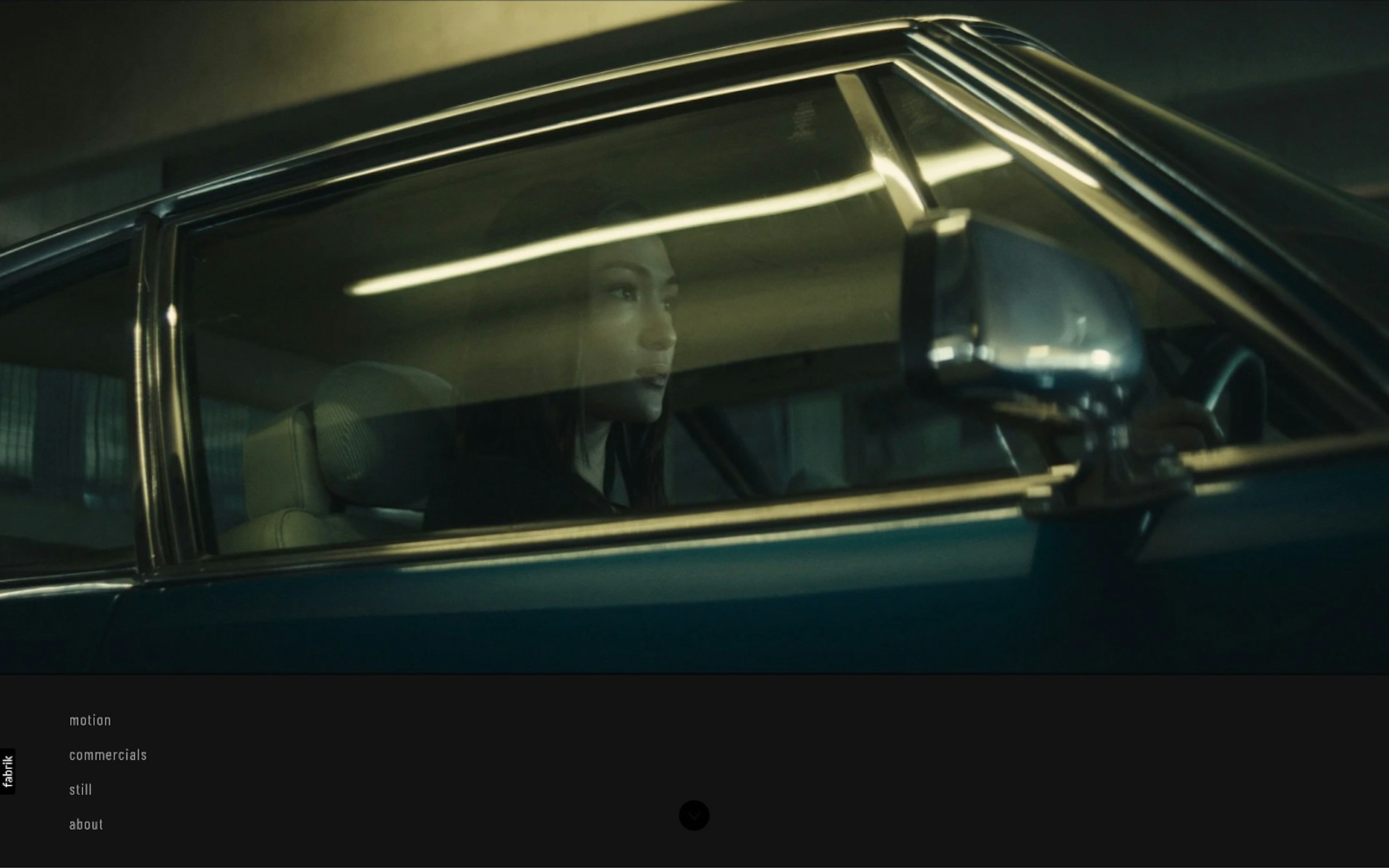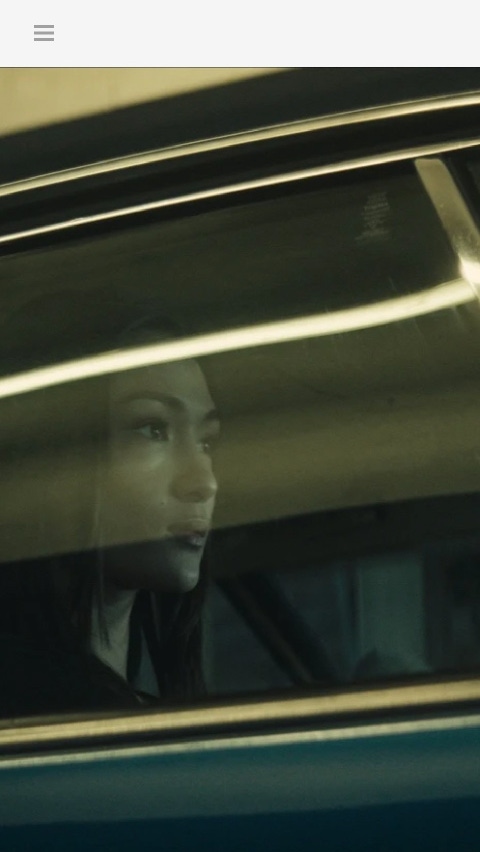This Single Shot
Malte Rosenfeld is an award wining cinematographer. Born in Hamburg, he grew up in Ireland, before moving to Berlin and later Lodz to study cinematography at the Polish National Film School before settling in London.
He shot his first feature film ‘Little Wires’ in the last year at Lodz which was awarded among many awards the Jantar for ‘best cinematography’ at Koszalin FF.
In London he established himself in commercials and winning a Kinsale Shark for the cinematography of ‘Malle - Prepared to get Lost’ He continues to work on selected features films with strong director collaborations. The film ‘Papagajka’ directed by Emma Rozanski premiered at SXSW and the Netflix Original ‘Close’ was the third feature film with director Vicky Jewson. He recently completed the film ‘It will be fine’ ( ‘Jakos to Bedzie’ ) with long time collaborator director Sylwester Jakimow.
With roots in photography, lighting and documentary films the emphasis in all his work is character portraiture and visual story arch to support and carry the story. We reached out to get to know Malte and find out what he's been working on.
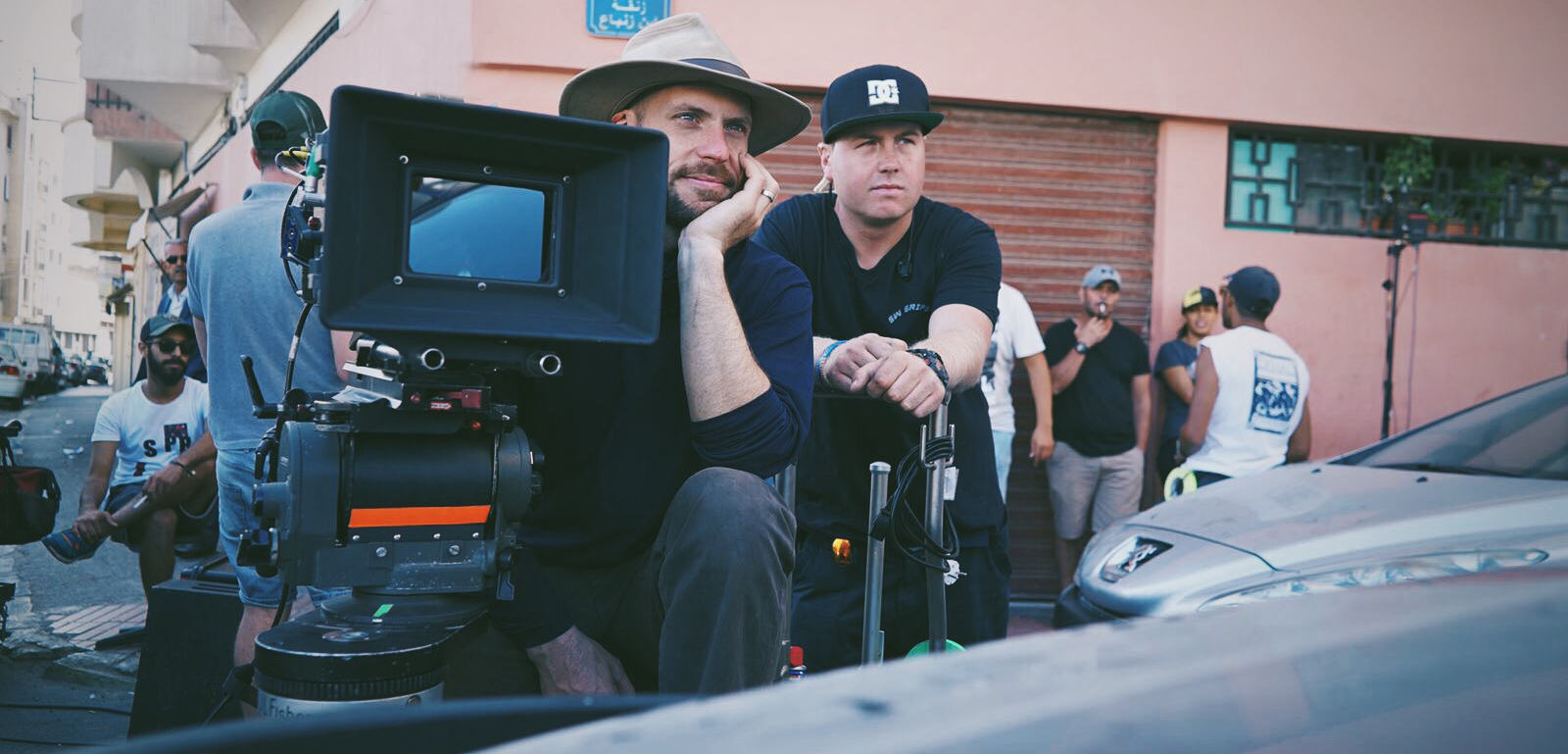
Fabrik: Hi Malte and thanks for your time. Would you like to share a little bit more about you?
Malte Rosenfeld: "Very glad to be here. I am a cinematographer living in London - born in Germany, brought up in Ireland, studied cinematography a the Polish National Film School in Lodz, before moving to London 10 years ago. My parents were photographers so I kind of grew up in the studio. On the way to being a DP I worked my way up through the lighting department and documentary films, before going to film school."
Fabrik: A cinematographer is responsible for bringing the director’s vision into our screens. How do you plan the scenes and are there any particular visual treatments you’re looking to find in a scene or script?
Malte Rosenfeld: "For me it is very instinctive. The first read of the script is just to immerse myself in the story. The second read, I start taking notes on the script, this could be references to images that come to mind, sketches of framing, marking sections of text that I see as turning points in the story. Then I start to map out the visual narrative of the film based on notes, I add references of painting, photography, sketches and research. I keep adding until the visual narrative has a complete arch - beginning, middle and end with key points of the story. Usually some of the characters have their own visual arch, which runs parallel to the main one. They cross and interact.
What I look for in a scene is emotion. That it moves me. Whether it is an emotional and dramatic scene - the turning point for the character and the intimate connection with actors at that moment or a small detail shot, that sums up the story. I need to feel what the scene is about, where the emotion lies. I can then feed that back into the image. I have always worked very close with a director - In prep their vision becomes ours.
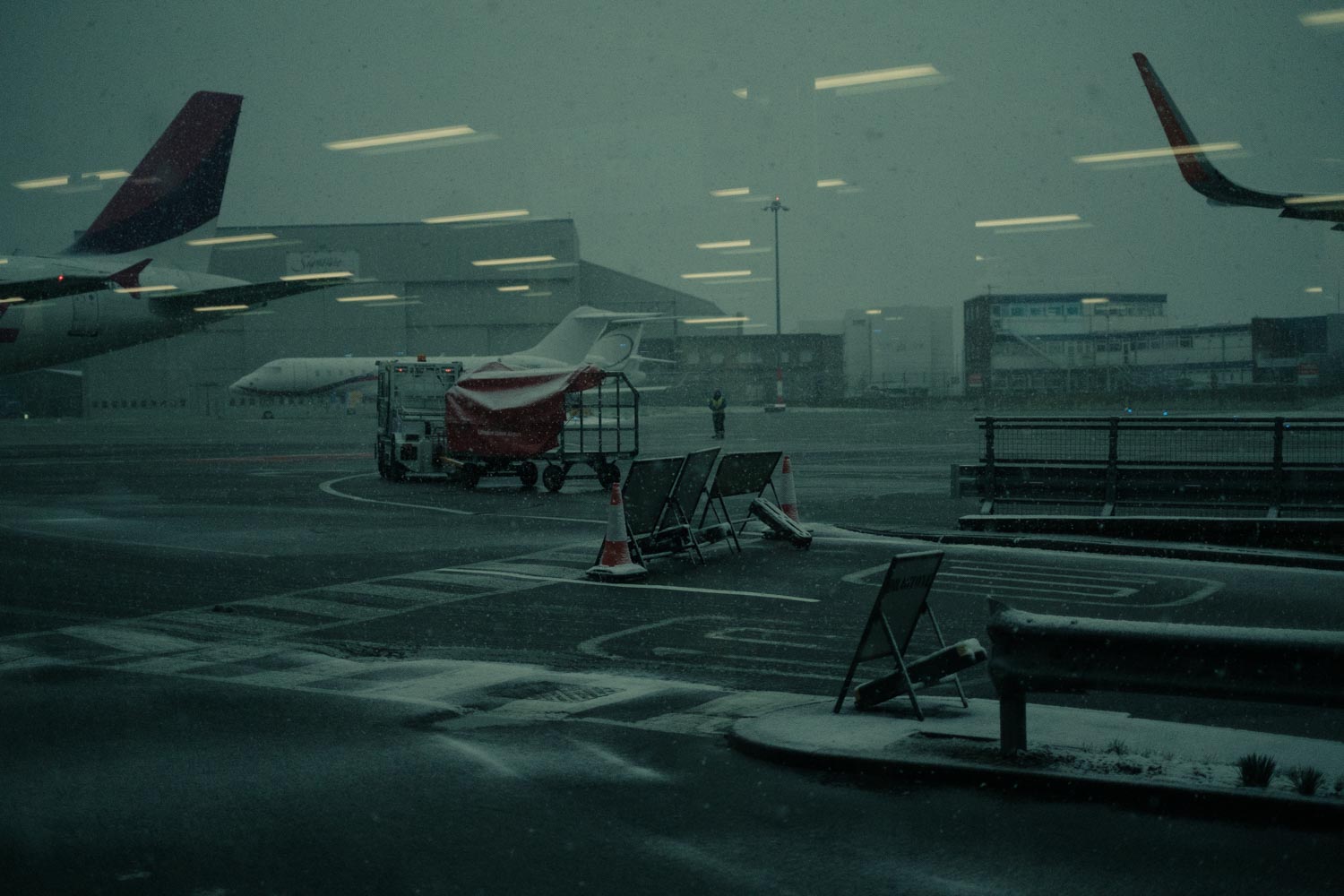
Fabrik: Have you ever had any difficulties pushing your creative and artistic approach?
Malte Rosenfeld: "Not really. I always work very close with the director. So while I have starting point for an approach it is worked and reworked together with the director so it becomes one. Even if I pitch for a project and I have a complete visual concept for a film before I even meet the director for the first time, this gets then reworked and in the process changes, sometime entirely, sometimes a lot of my original ideas remain.I never feel I have to push my approach. It is about finding the visual language together in prep and once that has been set everything else falls into place. Changes that arise during the shoot have solutions with are based on the conversations and common references worked out in prep."
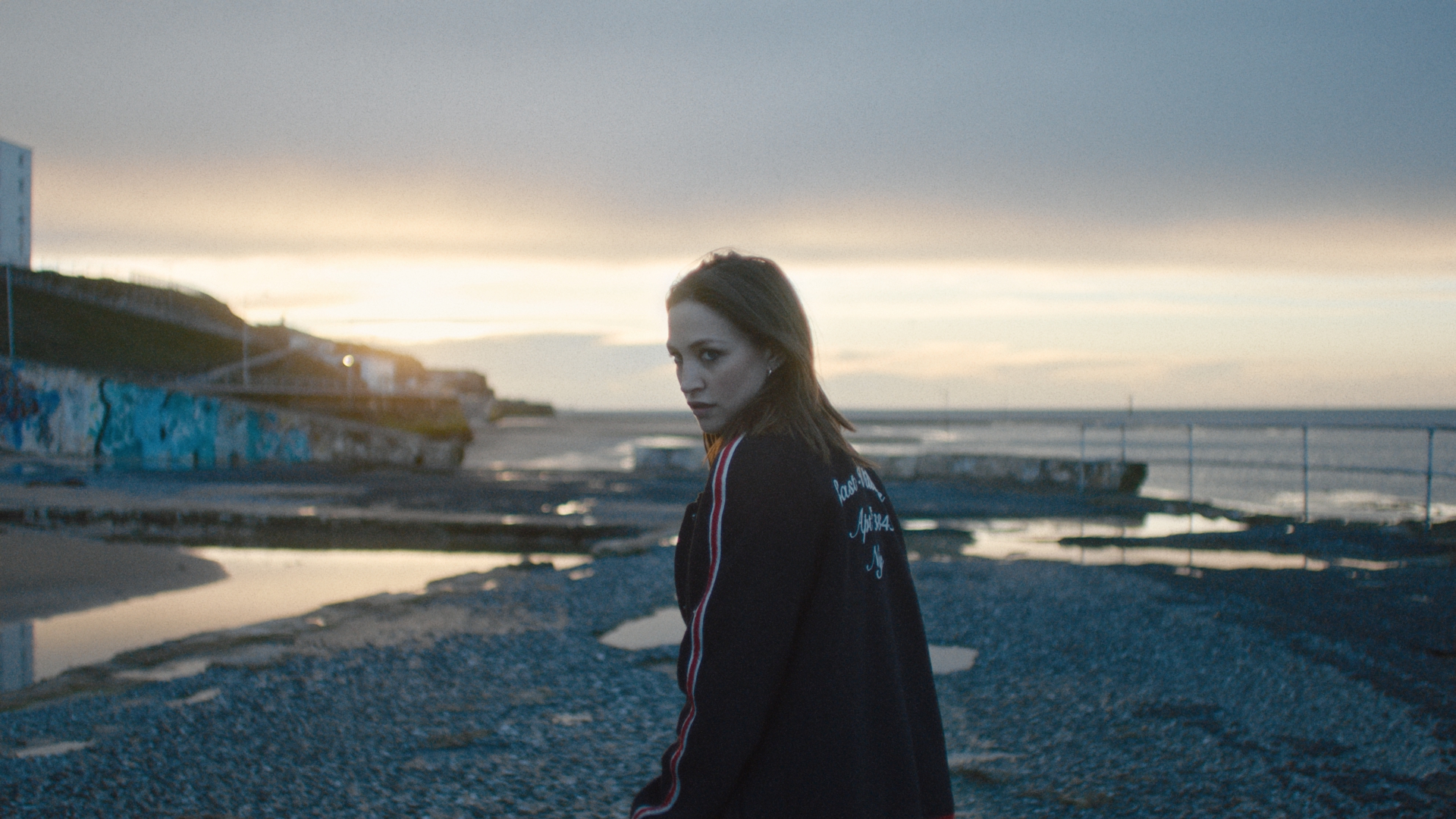
Fabrik: What would you like to be working on in the future? Where you’d like to see yourself working - Features? Commercial? Any specific genre?
Malte Rosenfeld "I will always balance both features and commercials. I feel there is so much I want to bring to the table in both. In commercials it is the sometimes very complex technical execution and the demands of executing a very specific look that fascinates me. Features are a different game. It is the creation of an entire world in which the story takes place - wether it’s a single location studio flat or dozens of locations in several countries. It all has to be part of a singular vision in which all the pieces aline. It’s complex and requires a lot of prep with the director and working with the other department heads to bring the directors vision to the screen. I am not really drawn to any genre in particular. It is the depth and complexity of human emotions that draw me to particular stories, regardless of the genre."
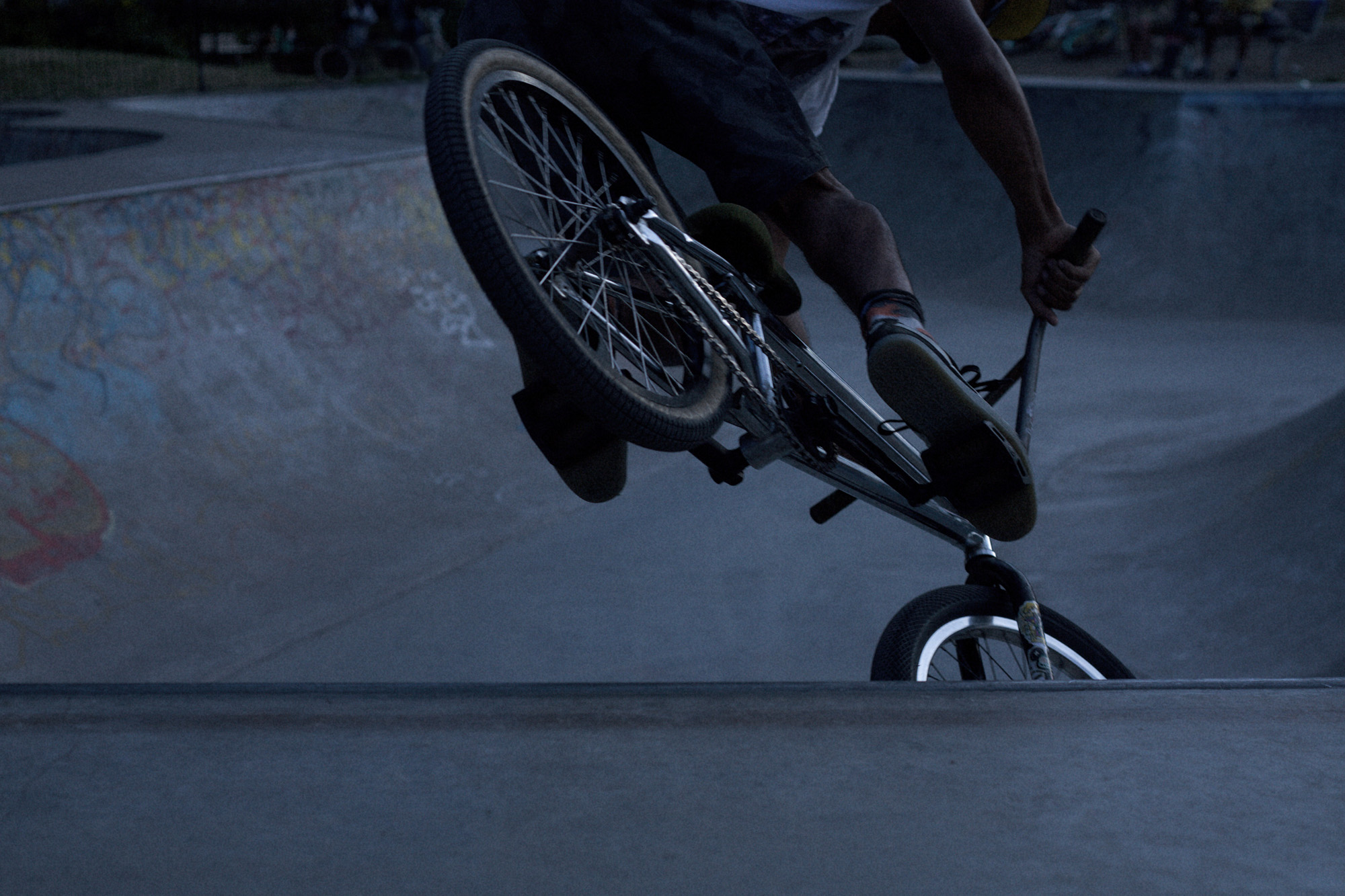
Fabrik: Can you think of a shot, either throughout your career or in the last few years, that has been particularly challenging and was very satisfying when you completed it?
Malte Rosenfeld: "Oh there is many. On one hand it is the technical ones, like big night exteriors or complex camera moves, but the memorable ones are the true portraits. Those moments when a shot is set up, action is called all comes together. The connection with the actor, the performance, the framing, the lighting, the set, it all blends together for a few moments and represents the story of the film with this single shot. That’s magic."
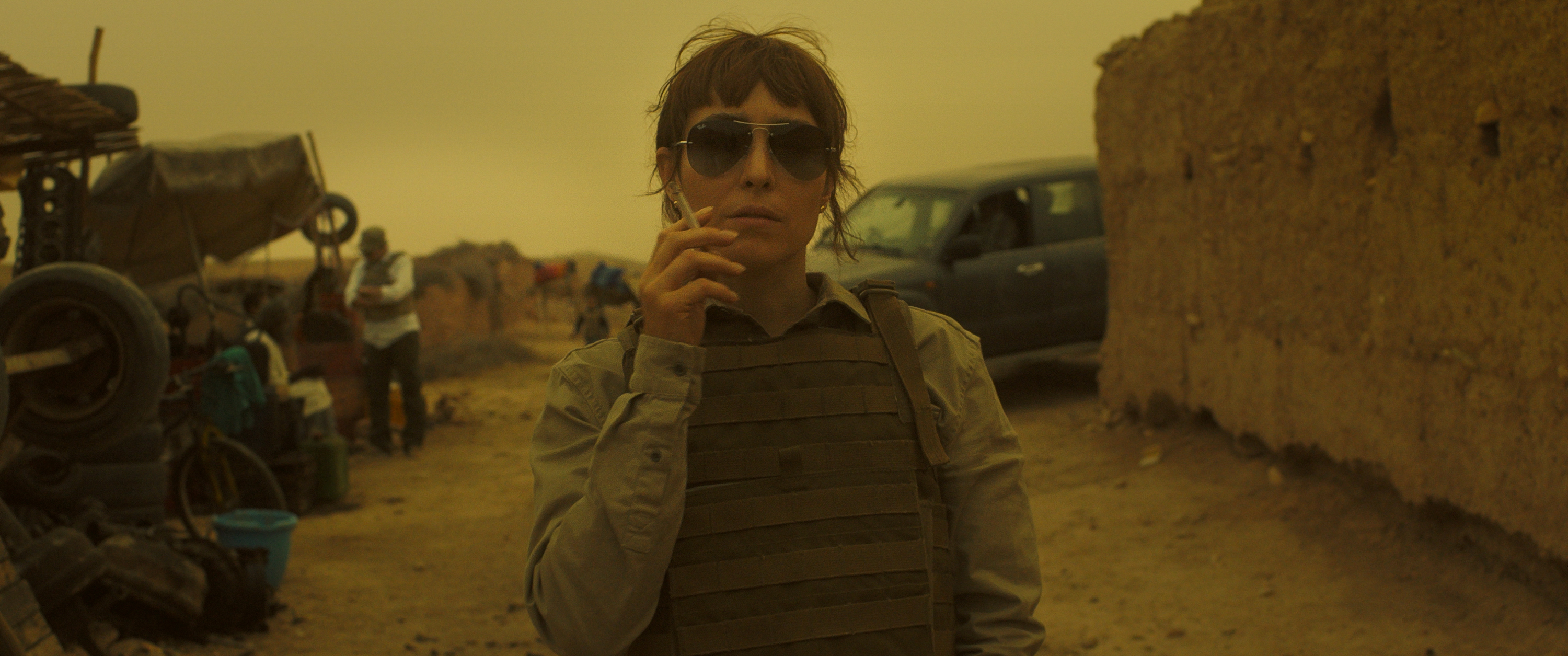
"Those moments when a shot is set up, action is called all comes together. The connection with the actor, the performance, the framing, the lighting, the set, it all blends together for a few moments and represents the story of the film with this single shot. That’s magic."
Fabrik: Would you like to share a bit about your latest projects or anything new you’re currently working on?
Malte Rosenfeld: "I have just finished post on the film ‘It will be fine’ with director Sylwester Jakimow, which I am really exited to come out. It the story of 3 men in their forties, who want to get out of the gridlock of their life and it is not working out. It is essentially a portrait - of the three protagonists, the people in their lives and the society that surrounds them. It’s different from my previous work and perhaps the piece of work that is most ‘mine’. I’ve been taking a lot more stills lately and picked up my 6x7 Pentax again to shoot portraits. I have a project I am shooting in black and white 6x7, which I might turn into a book."
Fabrik: Is there any piece of work, be it a film, a song, a painting, that has left you with a lasting impression or any mentors you have encountered throughout the span of your career? Or any work you admire, but it’s not yours?
Malte Rosenfeld: "I prepped a project last year that never happened, which had a lot of references to the photography of Alex Webb. They are very composed, graphic landscapes of light and shadow with characters sometimes completely silhouetted agains a front lit textured background. This was going to serve as a metaphor for the protagonists being trapped in the world that surrounds them."
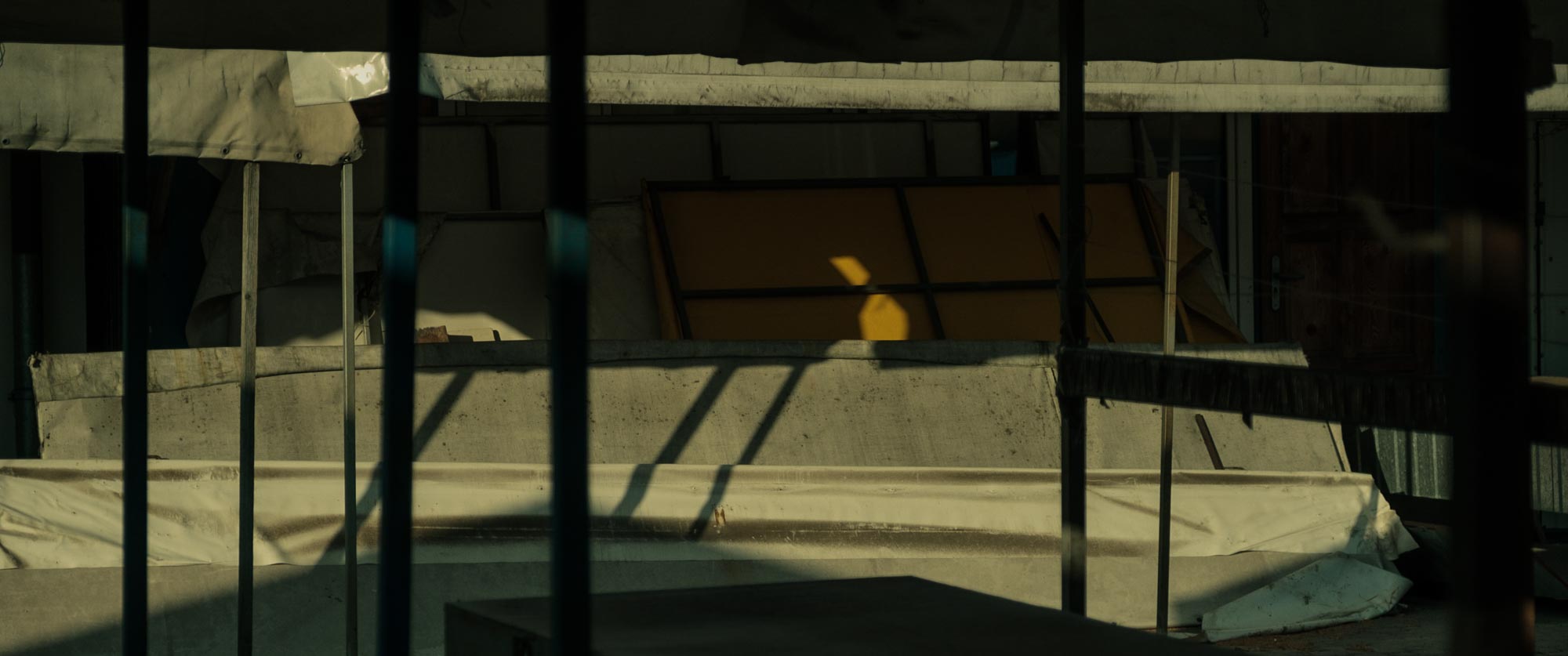
Fabrik: Any advice you’d like to impart to those entering the field?
Malte Rosenfeld: "Learn the craft, have a plan, don’t rush, find your own voice and never stop learning."
Fabrik: Final question. What do you like most about Fabrik? What's your favourite feature?
Oh it’s great - it just works especially with all moving image and the service is excellent, on the very rare event that it is needed.
Malte uses Jute, a distinctive modern theme with classic typography and styling. Full-width cover images, homepage layouts featuring a bottom-aligned menu and a responsive sidebar. Expansive, beautiful imagery is shown off with great layout options.
